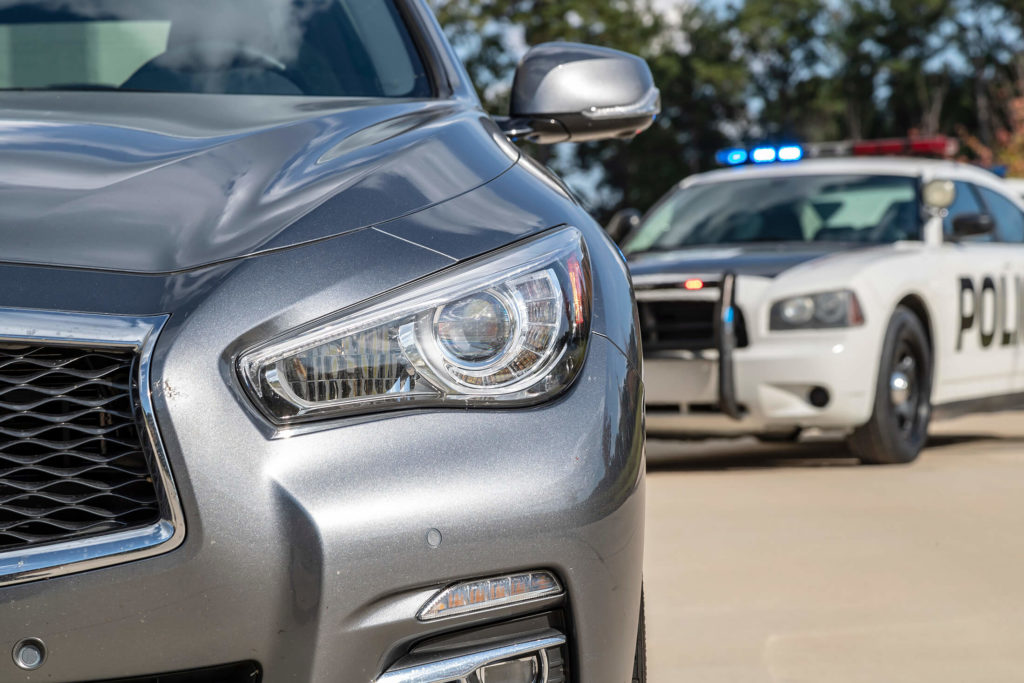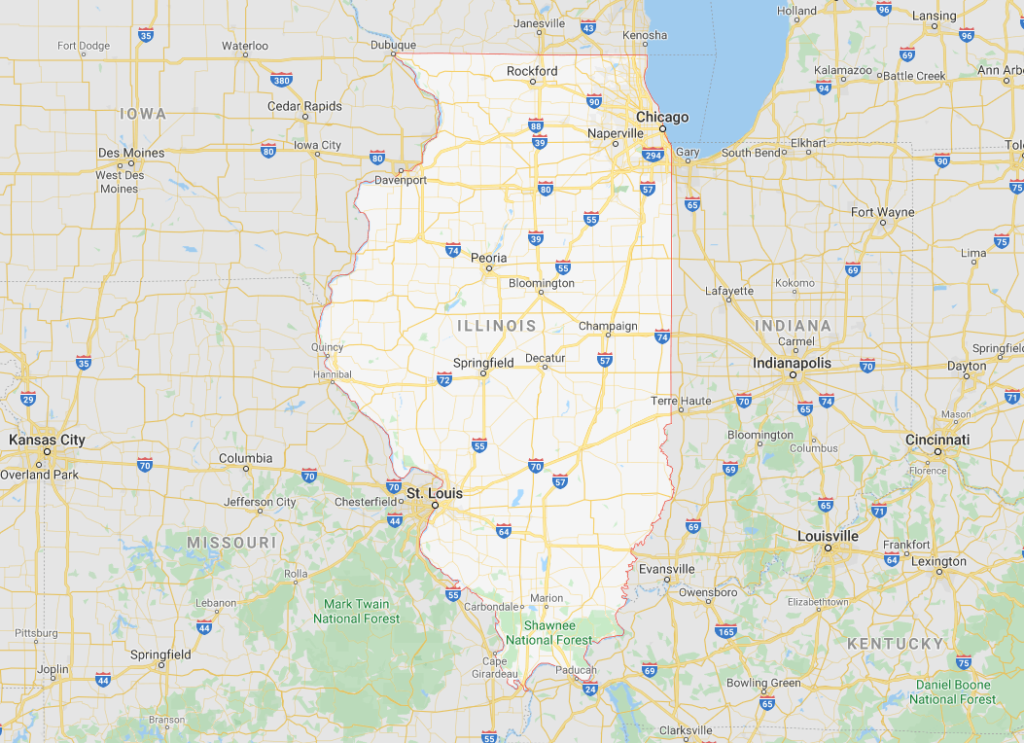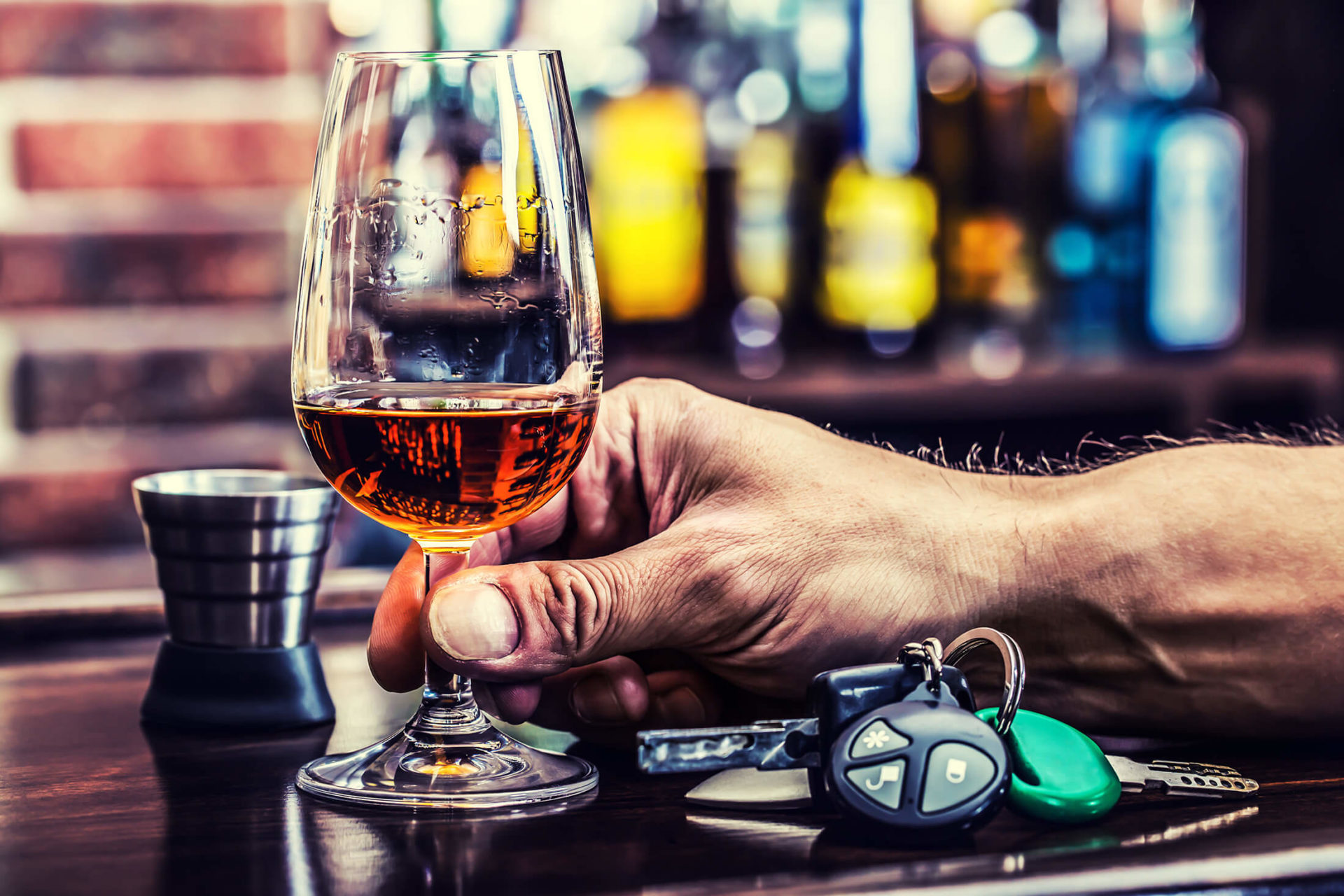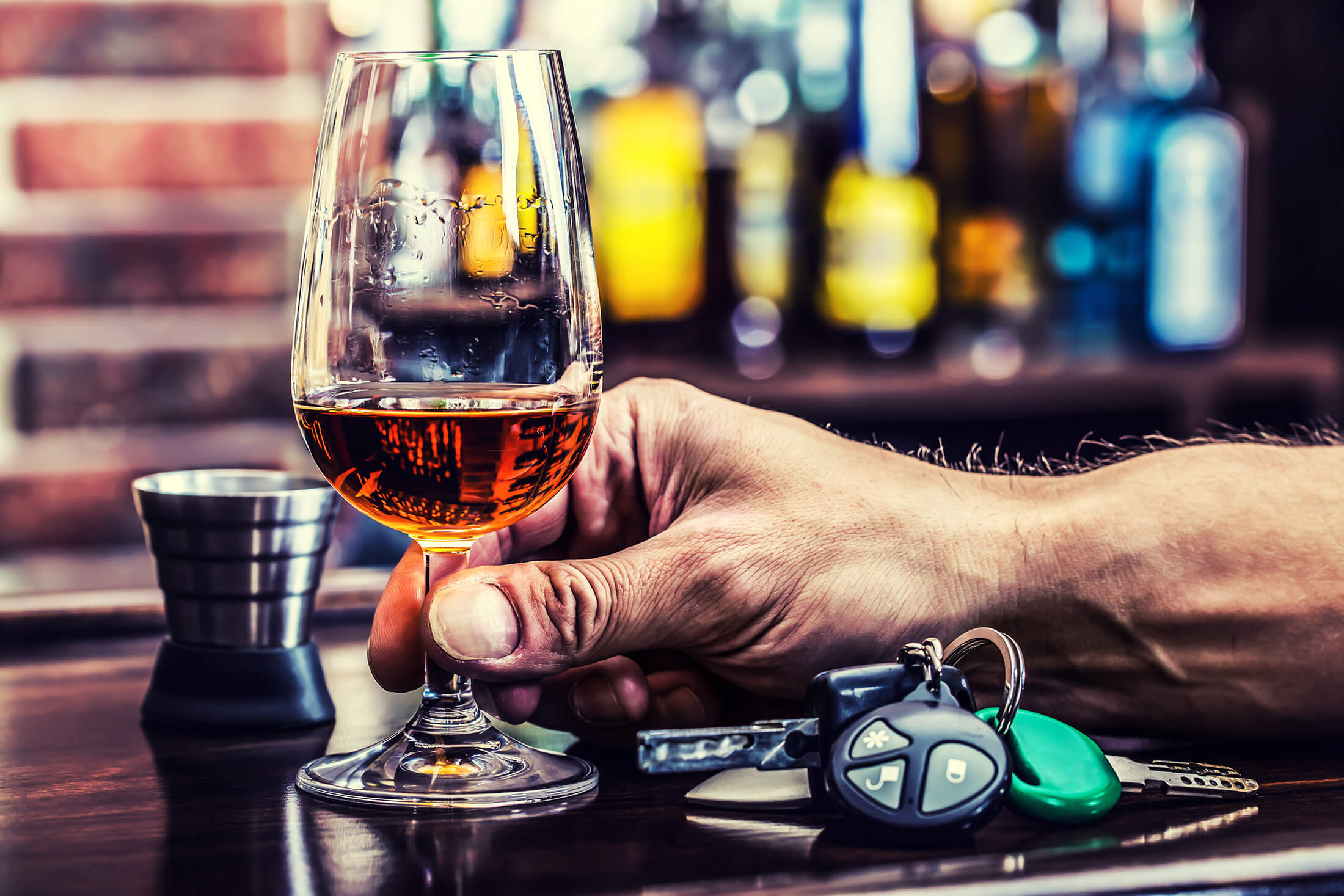You’ve received a misdemeanor DUI in Illinois, and are probably worried and upset. You may be concerned about the penalties imposed by the court, and whether you’ll have fines or lose your driver’s license. The extent of your penalties and the sentencing depends on many circumstances, but having legal representation with experience in DUI cases may help mitigate some of the sentencing. Is DUI in Illinois a felony or misdemeanor?

What Kind of Charge is a DUI in Illinois?
DUI means Driving Under the Influence, or drunk driving. It can also mean driving under the influence of another substance, like street drugs or prescription drugs. No matter what substance you’re on, driving while intoxicated is a serious offense, and can be dangerous to both you and others.
Is DUI a misdemeanor in Illinois? Yes, typically a DUI in Illinois is considered a Class A misdemeanor charge, although it can be a felony if other, more serious conditions are present. Don’t let the term “misdemeanor” fool you – if you hurt yourself, other people or damage property driving under the influence, your DUI charge could be much more serious, and those who habitually drive while intoxicated can face felony charges and serious jail time.
How Are DUI Arrests Made?
A DUI, or DWI charge is made when you’re caught driving with a blood-alcohol level of .08 or higher. Essentially, if you had a sample of your blood taken, then .08% of your blood would be alcohol. For a normal-sized woman, that’s about 2 drinks and about 1 ½ for a normal-sized man. If you’re under 21, however, Illinois has a zero-tolerance policy, which means that if there’s any presence of alcohol in your system, you’ll be arrested for a DUI.
You can be arrested in several different ways. If there are DUI checkpoints, you can be stopped and checked with a breathalyzer. If a police officer notices that you’re weaving on the road or if you’re stopped for a minor traffic violation and the officer smells alcohol on your breath or you’re exhibiting signs of intoxication, then you may be asked to take a breathalyzer or perform a field sobriety test. If you fail either one of these, you may be arrested on the spot.
What if I Refuse a Breathalyzer?
If you’re stopped in Illinois under suspicion of DUI, then a police officer may wish to administer a breathalyzer test. You have the right to refuse; however, refusing to do so can result in an automatic suspension of your driver’s license, or other consequences.
In the state of Illinois, there are implied consent laws on the books. With regard to having a state driver’s license, you agree to undergo chemical testing for alcohol or drugs if a police officer suspects you are driving under the influence.
First Time DUI Arrests
First-time offenders in Illinois are typically charged with misdemeanor DUI (Illinois law 625 ILCS 5/11-501). However, as we’ve said, if there are what are called “aggravating factors” involved, like someone being hurt, or if you’re driving on a revoked or suspended license when you receive your DUI, then you’ll face additional charges. These factors determine whether you’ll receive an Illinois DUI felony or misdemeanor.
If you’ve received a misdemeanor DUI charge, consequences can include a jail term of up to 364 days and fines of up to $2,500. You may also incur other costs, like court costs. If you’re convicted of a DUI, then your driver’s license will also be revoked. In cases of Statutory Summary Suspension, which happen right after your arrest and are temporary, with a DUI revocation, getting your driving privileges back once you’ve received a DUI conviction is more difficult.
Second Time DUI Arrest
Second DUI arrests in Illinois are considered Class A misdemeanors, just like first-time arrests. However, the penalties for a second DUI are more severe than first-time offenders. You may receive either a mandatory sentence of 5 days in jail or have to perform 240 hours of community service, and may even have a sentence of up to 1 year in jail.
Mandatory fines may be higher, and you’re more likely to have to pay for court costs. You’ll also have your license revoked for at least one year. If you’re facing charges in a criminal court, the judge may look at your entire lifetime – which means if you got one DUI in college, and are now in your 40’s, you’ll face larger consequences, even if it’s been a 20-year gap between charges.
What is a Felony DUI in Illinois?
A felony DUI in Illinois is also referred to as an aggravated DUI, and both include any DUI that results in felony charges. For instance, property damage, bodily harm, or other circumstances can result in felony charges.
Aggravated DUI charges have mandatory sentencing guidelines, and these can’t be waived even if the judge grants probation. If you’re convicted of a felony DUI in Illinois, your minimum sentence is 10 days in jail or 480 hours of community service.
Repeat DUI charges, such as third, fourth, and so on, will have increasingly severe consequences. Fines can go up to $25,000, and you may face lifetime revocation of your driver’s license. You may face jail terms of many years, up to 30 years in cases where you’ve had 5 or more DUIs.
If you receive a DUI charge in conjunction with an accident that results in great bodily harm to another person, you may face a Class 3 or Class 4 felony charge. These charges can have prison sentences that last years, permanent revocation of your driver license, and fines in the tens of thousands. You may be charged with reckless homicide or aggravated death in the most severe cases.
You’ll also have to undergo mandatory drug and alcohol evaluation and treatment as part of a felony DUI conviction and meet the requirements of the Secretary of State’s Department of Administrative Hearings. Your conviction will be part of your permanent driving record, and you’ll be required to carry high-risk auto insurance.
Other Factors in DUI Cases
There are additional penalties in Illinois for those whose blood alcohol content is substantially above the legal limit. For those with double the legal limit (.16) or above, you’ll face additional charges. If you have a child under 16 in the car with you, you’ll also face charges such as child endangerment.
Where you get a DUI also matters. If you’re arrested driving under the influence through a school zone, for example, you’ll face felony charges, as you would if you were operating a school bus under the influence. Driving under the influence if you don’t have a valid driver’s license, or if yours has been suspended, will also be considered a felony.

Do I Need a DUI Lawyer for an Illinois DUI?
The short answer? Yes, especially if this isn’t your first DUI arrest. A good lawyer can help reduce your sentence and avoid a long suspension of your license. Furthermore, if it’s your first time with a DUI, you may be able to plead to lesser charges and avoid having a DUI on your record. A DUI conviction can affect your job prospects, insurance rates, as well as being a criminal charge.
If you’ve been arrested for a DUI, you need professional representation. Call our office today for a Free consultation for your case.



